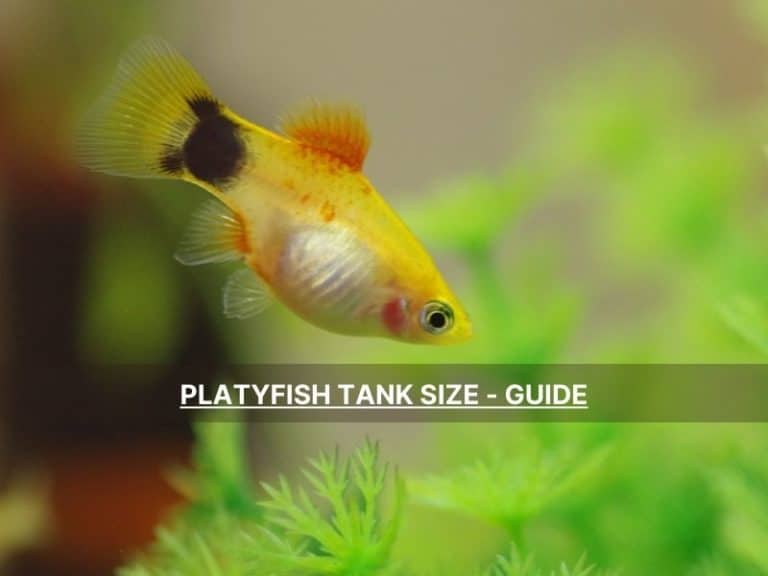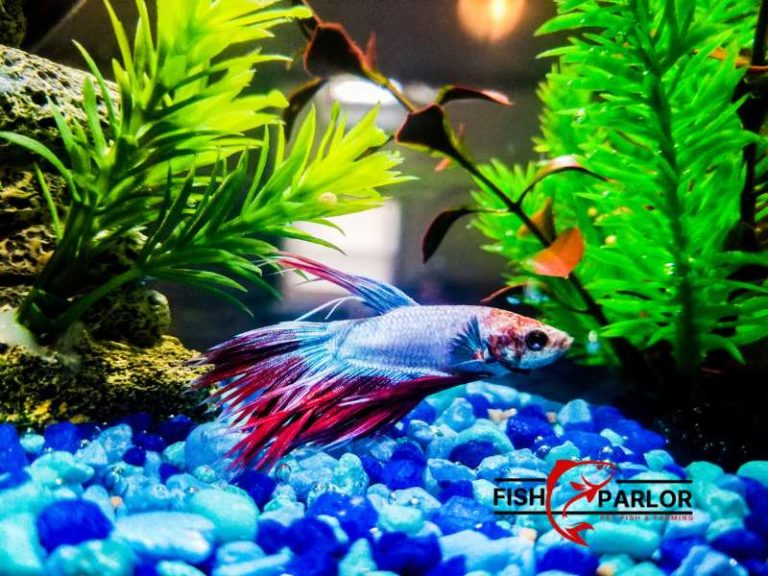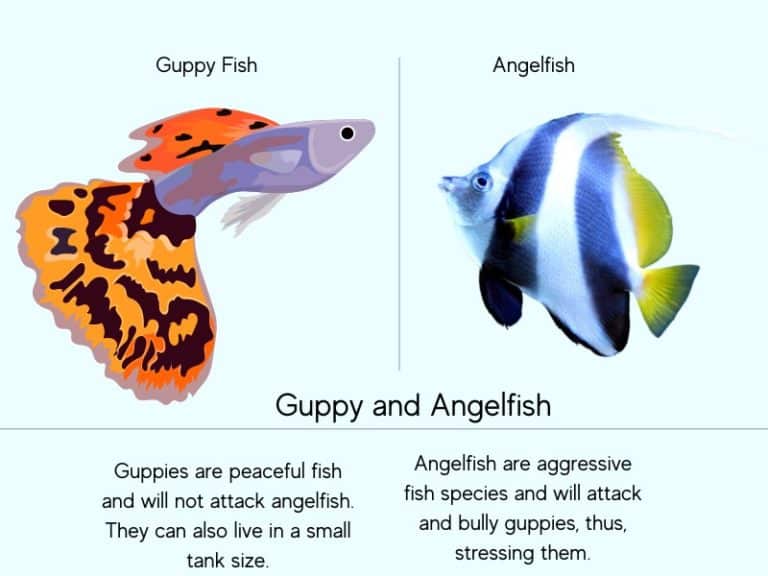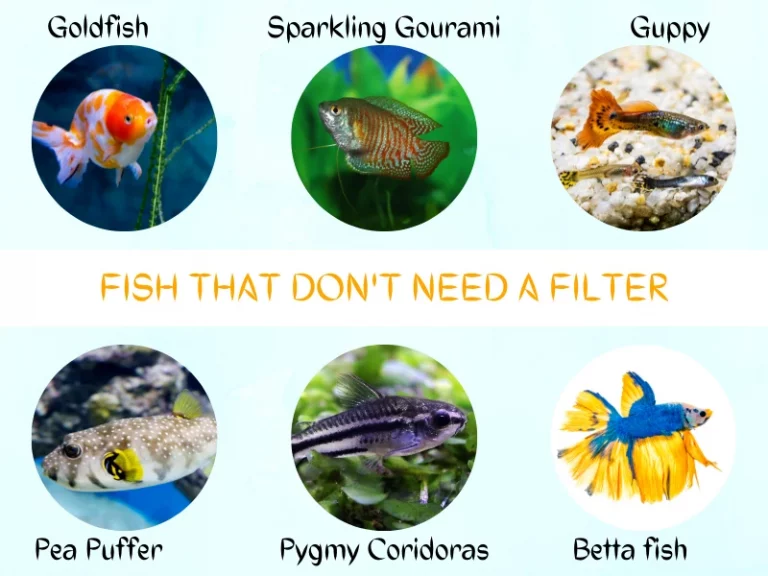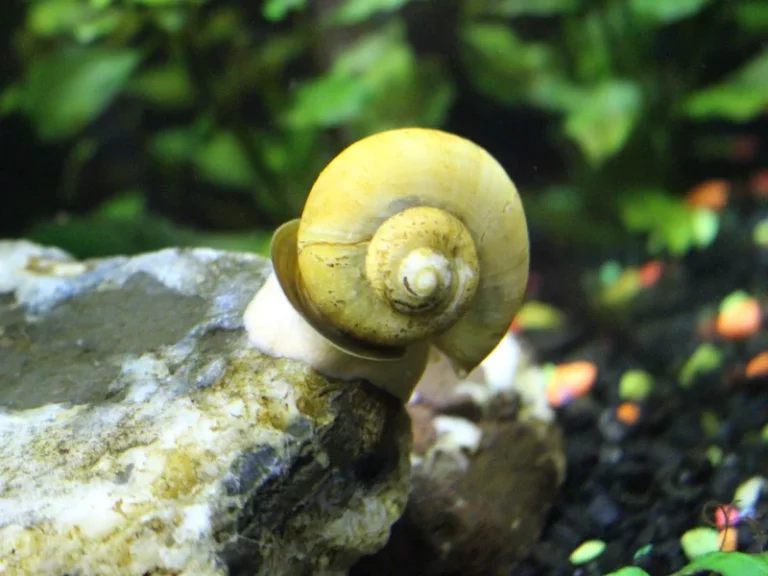The type of water you put in your aquarium has a great effect on the health, vibrance, and happiness of your betta fish. If the quality of water drops, your fish is likely to be stressed. But, what type of water should you use? Can you use tap water in a betta fish aquarium?
Betta fish can live in tap water but it is highly recommended that you condition the water to remove excess chlorine and heavy metals that can harm your fish. Alternatives to tap water are bottled and spring water. Avoid purified and distilled water because it lacks important minerals for your fish.
If you’re going to use tap water in your betta’s aquarium, I’d recommend you condition it using the API TAP Water Conditioner to remove chlorine, chloramines, and other harmful chemicals and make tap water safe for your betta fish.
I’ve explained below how to dechlorinate tap water and condition it to make it safe for your betta fish.
Can betta fish survive in tap water overnight?
Yes. Betta fish can survive in tap water for a night. However, the fish will suffer from stress due to the discomfort caused by hard water and the chemicals in the tap water if left in the untreated water for long hours.
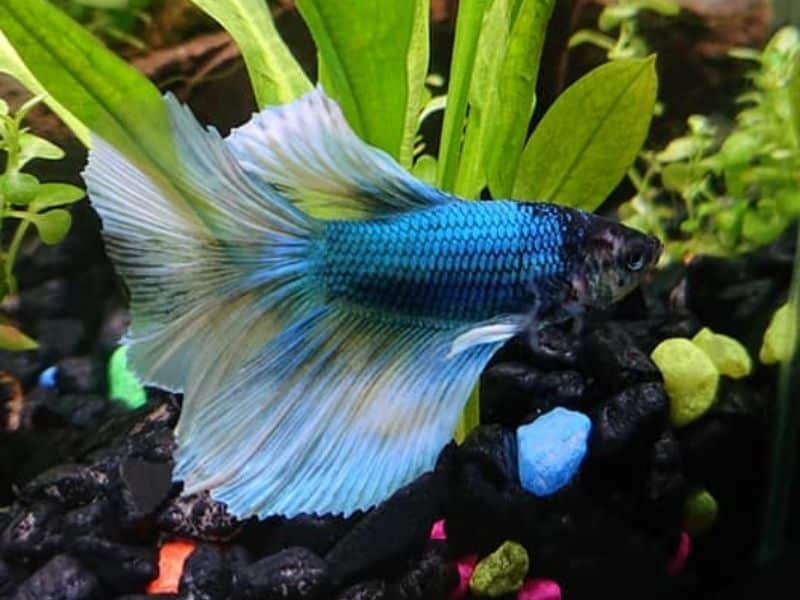
Your fish may experience significant stress if the kind of water is not filtered, including loss of appetite, strange swimming behaviors, and even rubbing itself on the tank. If the tap water is hard and contains contaminants such as fertilizers, the health of your betta will deteriorate within a short period.
Is tap water safe for betta fish?
Tap water is safe for betta fish but only after it is conditioned to remove chlorine, ammonia, chloramines, and other harmful chemicals. If you cannot treat such hard water, use spring water as a safe alternative. Avoid purified (distilled) water because it does not have any useful minerals for your fish.
Here are the average quantities of chemicals in household tap water that are considered safe for drinking but may not be safe for your betta fish:
| Chemical | Quantity |
| Chlorine | 4 mg/L |
| Chloramides | 4 mg/L |
| Ammonia | 0.5 mg/L |
| Lead | 15 µg/L |
Due to their resilience, this type of fish can survive in tap water overnight and escape unharmed. I recommend monitoring your fish for any erratic behavior such as vertical death hang to save it in case of a problem.
If the water parameters in the tank are really bad, betta fish may develop other signs of stress including the following:
- Betta gills turning white
- Restlessness
- Lack of movement
- Floating (in severe cases where pH and kh are not good)
If you would like to maximize the survival of your betta fish in untreated water, it is advisable to let the water rest for up to 24 hours for aeration and the elimination of excess chlorine and other contaminants. Use test strips to determine the quality of the water before adding your fish in the tank.
You should be careful not to leave your betta fish in unfiltered tap water for too long to avoid exposing it to the deadly risks of chlorination. Weaker betta fish can die within weeks of living in untreated tap water, while the lifespan of other stronger ones is reduced by a bigger margin. One night may be fine, but further extending the time is a lethal attempt on your fish’s life.
How to Make Tap Water Safe for Betta Fish
While tap water is commonly used in most aquariums, it has chemicals such as chlorine and other metals that make it safe for human consumption but could be lethal and unsafe for betta fish in that state.
1. Get an aquarium water conditioner
If you don’t have distilled water, you can treat tap water and make it safe for betta fish keeping. You need to get a water conditioner to dechlorinate the unfiltered water from your tap. Ten gallons of tap water require a half teaspoon to neutralize.
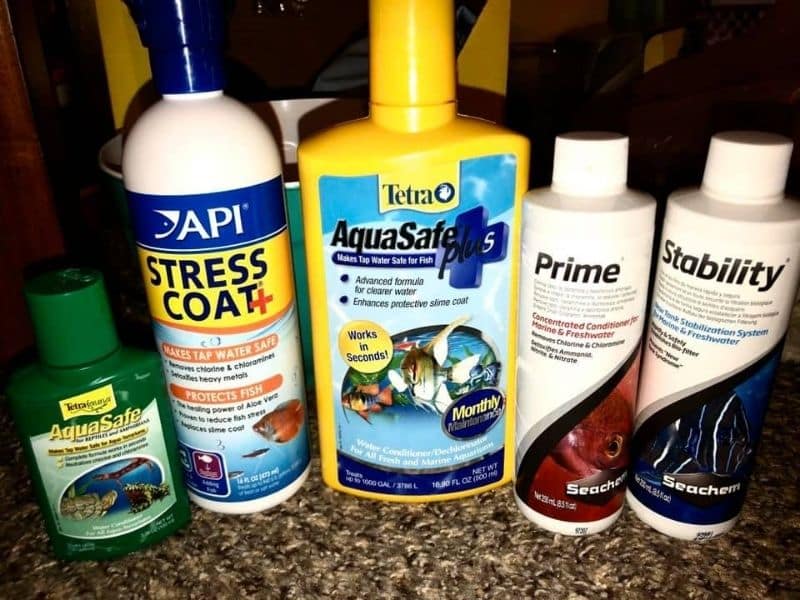
However, you may need to put up to one teaspoon if the chlorine in the tap water is too concentrated. If your tank already has some water but requires some more, you only have to dechlorinate the new water and add it to the tank.
2. Test the water and remove contaminants
Tap water treatment depends on the type of chemicals or metals you want to eliminate. The most common contaminants include chloramine, chlorine, dissolved solids, sodium, and inorganic chemicals such as phosphates, fluoride, copper, nitrites, and nitrates. Pesticides can also be found in hard water especially in rural areas.
Apply an aquarium conditioner to get rid of these chemicals and make the tap water safe for your betta fish. Keep in mind that each chemical may require a different procedure to eliminate.
3. Stabilize the water pH at 7
Before filtering tap water, it’s important to know the suitable pH level for betta fish’s survival in the tank. A pH of 7 is stable enough for betta fish, but you can slightly increase the acidity constantly.
4. Add the a water conditioner into the water
A water conditioner removes chlorine and chloramines from your tap water. Aquarium water conditioners have dechlorination substances meant to neutralize tap water by breaking down chlorine and making it inert within the fish tank.
While you can use betta-specific water from a pet store, you want to keep in mind that it is simply water that contains conditioner and may not necessarily be safe for your pet. There’s still risk of ammonia-related problems like lethargy and lack of movement in bettas as well as disease.
6. Dissipation treatment for tap water
Another alternative involves adding the specified amount of water in a large bowl. You can dechlorinate it by leaving the bowl in the open for the water to dissipate. Natural oxidation occurs within 24 to 48 hours of dissipation, with constant bubbles forming up and down the container.
However, this type of water treatment is not highly recommended because it doesn’t guarantee total oxidation. The remaining chemicals may still be harmful to your betta fish, causing complications in the long run.
The dissipation process may not be enough to remove chloramine from tap water due to the strong bond between the ammonia and chlorine molecules. You must get special water conditioners containing chloramine neutralizers that turn ammonia into harmless ammonium.
Before adding the treated water to your fish tank, you can use ammonia kits to test it to ensure that the conversion of these chemicals was successful.
7. Use a dechlorinator
Chloramine is a combination of ammonia and chlorine. It is as easy to eliminate from your tap water as chlorine by adding a de-chlorinator. There are different manufacturers of dechlorinating agents, from which you can select the most suitable one for your aquarium.
The ammonia molecules in chloramine are closely bound to the chlorine molecules, making evaporation hard.
8. Apply an all-in-one water conditioner
You can also use a complete water conditioner product that has strong additives and chemicals to eliminate copper, ammonia, chlorine, and other metals found in tap water. The additives and pH buffers found in such products improve your betta fish’s slime coat, boosting its protection.
9. Use bottled water instead
The average pH of bottled water ranges between 5 and 8. While this is considered safe for humans, you want to test to make sure the pH is just right for your bettas before doing a water change.
I’ve found that using bottled spring water is quite a safe treat for betta fish because it does not contain the harmful chlorine and other contaminants found in tap water, well water, and other sources of unfiltered water.
Keep in mind that you still have to test for nutrients and minerals in the bottled water before using it to replace the hard water. Also, acclimate your betta fish correctly to avoid other health problems.
Pro tip: Even with safe filtered water, you still want to constantly check the parameters of the water and use a heater and a thermometer to maintain the right temperature for your betta fish even after moving it from hard tap water.
Effects of Tap Water on Betta Fish
The effects of tap water on your betta fish depend on the elements found in the water. If your water provider does not give a clear description of additional chemicals used to purify it, you can use testing kits to get more information.
Understanding the chemicals or minerals in your tap water directs you to suitable treatment methods before adding your betta fish to the aquarium.
Here are the effects of tap water on betta fish
Tap water weakens the immunity of the betta fish
Tap water poses a major risk to your betta fish due to the chlorine, chloramine, and other inorganic chemicals. When consumed, they can weaken the fish and reduce its lifespan.
Despite their ability to withstand hardships, betta fish can barely survive a few weeks in unconditioned tap water. If left in untreated tap water for a long time, your fish faces a death risk after the poisoning effect.
Suffocation
The chloramine found in tap water invades the bloodstream of the betta fish, forming a reaction with hemoglobin. Methemoglobin is the complex compound resulting from this reaction, interfering with oxygen circulation and eventual suffocation.
High chloramine levels in tap water cause an immediate death after suffocation and symptoms of darting and gasping for breath around the aquarium. Low levels of chemicals may not kill your betta fish immediately, but they’ll put it in distress and put it in a sickly mood.
Tap water encourages the growth of algae
Tap water has other substances such as phosphates which accelerate algae growth in the aquarium, which may interfere with its display or fish movement around it.
High levels of copper in tap water can harm your betta fish, while other soluble substances like sodium, magnesium, and calcium may cause an imbalance in the aquarium’s minerals combination.
Betta fish are colorful and easy to manage due to their hardiness and resilience. However, you must be careful with the type of water you use in the aquarium to avoid interfering with the comfort of your fish. Some elements found in tap water pose a lethal risk that can cost you your fish, and you have to be careful when handling it.
Water conditioners come with essential substances that dechlorinate tap water and make it safe for use in the betta fish aquarium. There are other products found in the conditioner that does more than just dechlorinating.
A complete water conditioner product is a good example of a product that has neutralizing and protective abilities for the slime coating of your fish.
While tap water is cheap and readily available for betta fish tanks, you must follow the recommended process to ensure that your fish is safe and free from the dangers of chemical poisoning.
If you have an unfiltered tank, make sure you monitor the water closely because nitrogen cycles are quite difficult to regulate in such a case. Also, conduct pH tests regularly to ensure your fish remain healthy and happy.
References
- Beth Mueller, University of Illinois College of Veterinary Medicine: Bettas Need More Than Bowls
- Duke University: Beginner – Water Chemistry for Fish
- Duke University: Beginner – Water Requirements for Betta Fish

